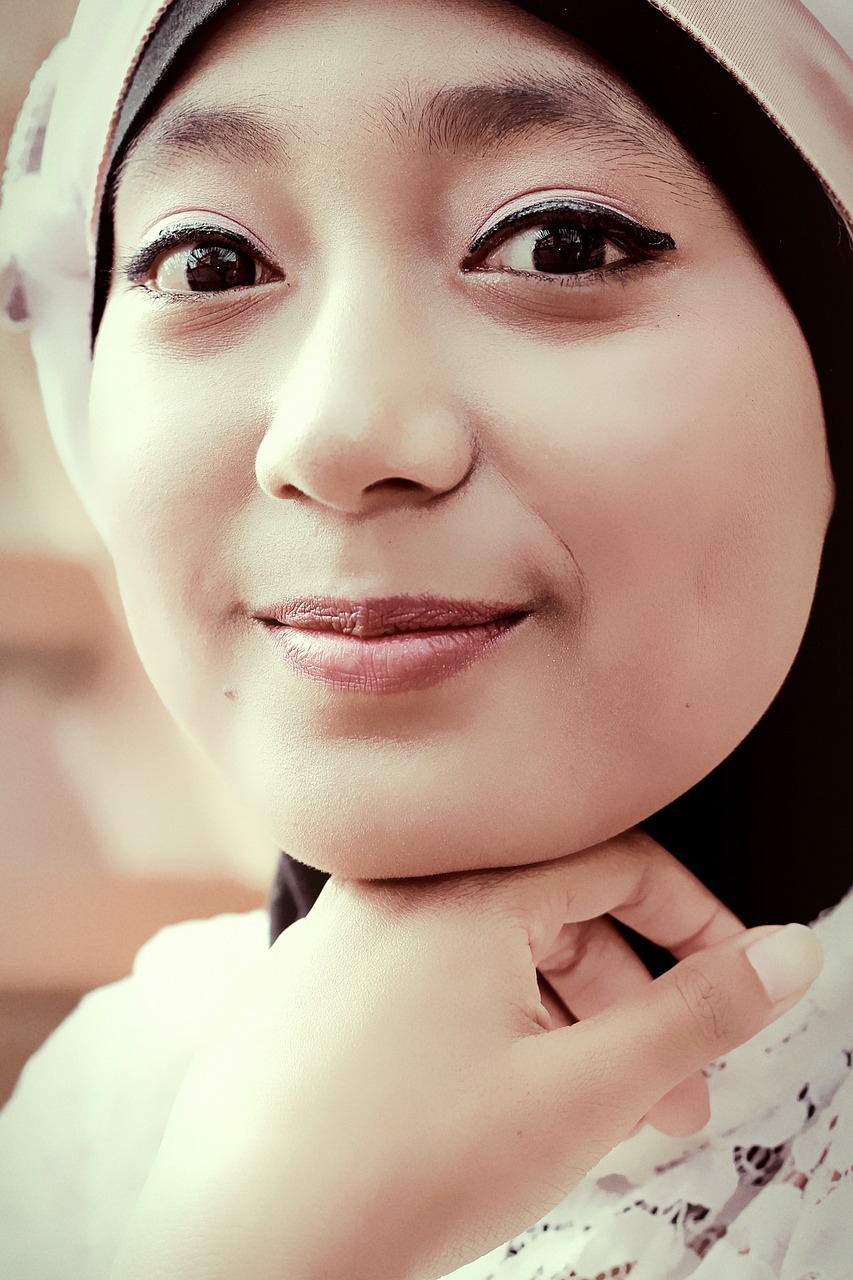In February, 16 year old Muslim Najwa Malha decided, on her own according to the father (president of the Pozuelo Islamic Cultural Center and of the association that holds the local Mosque) to start wearing the headscarf. Nawja is Spanish of Moroccan origin and attends the Instituto Camilo José Cela at the Madrid locality Pozuelo de Alarcón. This week, stating that Article 32 of the schools Internal Regulation prohibits the wearing of provocative clothing and head coverings (a measure put in legal norms to prevent the use of caps and hats in the classrooms), the school board decides to prohibit Najwa of attending class while wearing the headscarf. However the board allowed Najwa to remain inside the school premises although confined to the visiting room. In the following days, as a solidarity gesture, some of her colleagues and friends start attending school with headscarves and hoods covering their heads. Although an extraordinary school board was held to debate Najwa’s return to class (as a consequence of the media pressure) a majority of participants voted against her return with the headscarf, and actions were taken to assure her transfer to a nearby school (Instituto San Juan de la Cruz) that accepts the use of this garment. At present time Najwa has stopped attending school and is confined at home with an anxiety medical situation.
Legal actions taken:
– The family presents a legal complaint to the Consejería de Educación (Comunidad de Madrid). The Consejería supports the schools decision.
Official positions:
– Regional government (Comunidad Autónoma de Madrid), held by the right-wing Popular Party (PP) sustains that the schools autonomy and the power of the school Board to decide its internal rules concerning this and every other matter should prevail.
– National government, held by the left-wing Socialist Party (PSOE), have a dubious position. The Minister of Education has stated that the right to ones own image, the right to religious freedom and the right to an education should prevail over the prohibition to use the headscarf. He also differentiates between the presence of a Christian (Catholic) Cross in a class-room as a collective symbol from the headscarf as a personal symbol. The Minister of Justice, much in the same line, appeals for tolerance. In a discrepant voice the Minister of Equality states the possible negative meaning of the headscarf for women liberation but demands respect and tolerance.
Support actions taken:
– UCIDE (Unión de Comunidades Islámicas de España) directs a letter to the schools principal claiming Najwa right to wear the hijab.
– FEERI (Federación Española de Entidades Religiosas Islámicas) directs a letter to the Minister of Justice claiming Najwa religious rights.
– ATIME (Asociación de Trabajadores Inmigrantes Marroquíes de España) makes a public communication to the media against the schools action.
– “Apoya a Najwa Malha” Facebook page is created to collect signatures for a formal protest.
– The Spanish Muslim Federation (FME), leaded by Yusuf Fernández, has announced that they will appeal to the Constitutional Court (the Spanish supreme body for interpreting the Constitution) because they think that the school measure violates Najwa’s fundamental rights (religious freedom).






